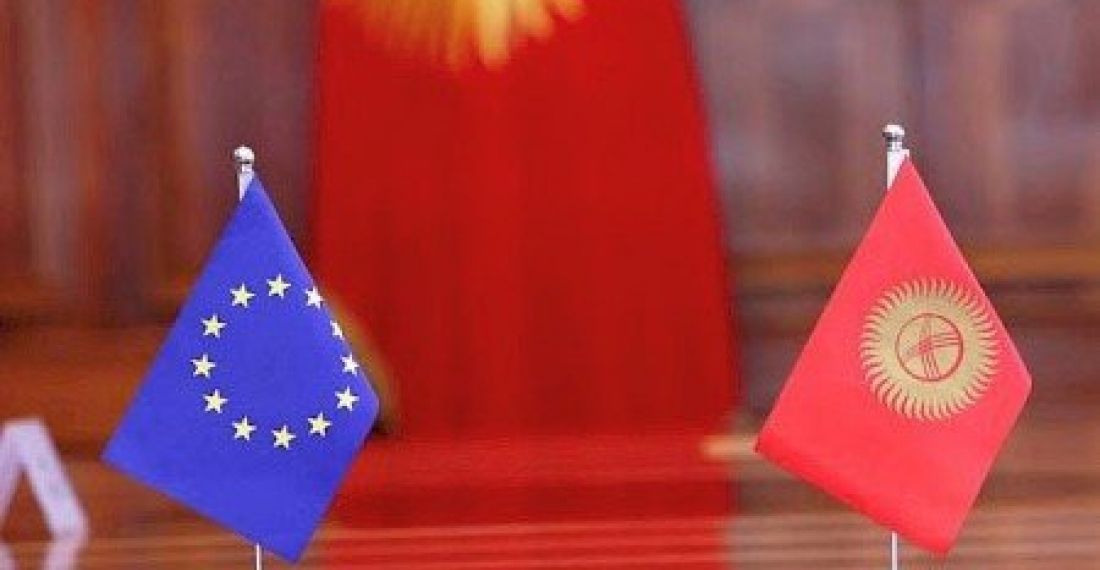The European Union (EU) and the Kyrgyz Republic held their tenth round of the annual Human Rights Dialogue on Thursday (24 September) via video conference.
The Kyrgyz Republic delegation was led by Mr Azizbek Madmarov, First Deputy-Minister for Foreign Affairs. The EU delegation was led by Mr Boris Iarochevitch, Head of the Central Asia Division in the European External Action Service.
The two sides discussed developments in the human rights situation in the Kyrgyz Republic and in the EU since the last Dialogue and in the context of the COVID-19 pandemic. The EU expressed concern as regards restrictions on the freedom of peaceful assembly and information, as well as the high increase of gender-based- and domestic violence during the peak of the pandemic.
The EU reiterated its concern over controversial legislative initiatives, namely on Trade Unions; Non-Commercial Organisations; Manipulation of information; revision of the Criminal Procedure code, which would contravene Kyrgyzstan's obligations under the relevant international conventions. Individual cases have been discussed, including the ongoing investigation as regards the death in prison of human rights activist Aziman Askarov.
The EU repeated that the work of national human rights institutions, in particular the Ombudsman and the national prevention mechanism, must continue without interruption, especially in times of the coronavirus crisis. The EU and the Kyrgyz Republic also elaborated on the progress in measures and mechanisms to prevent the use of torture and ill-treatment.
During the dialogue, the EU and Kyrgyzstan discussed issues related to freedom of expression, including freedom of the media. The EU called on the Kyrgyz authorities to maintain and protect an open media environment as an important enabler for free, competitive and transparent parliamentary elections on 4 October.
In the dialogue meeting the parties addressed cooperation with civil society, as well as issues of good governance, including the rights of the members of minority groups and the fight against corruption.
The EU and Kyrgyzstan also reviewed their cooperation in the relevant multilateral fora, in particular within the UN system, as well as bilateral cooperation programmes funded by the Development Cooperation Instrument of the EU and the European Instrument for Democracy and Human Rights.
The next round of the EU-Kyrgyz Republic Human Rights Dialogue will be held in Brussels in 2021.
Read the EU-Kyrgyz Republic Human Rights Dialogue Report here.
Source: Commonspace.eu with the European External Action Service






